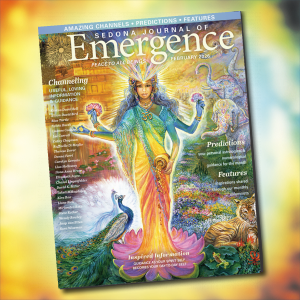Rumi Revealed: Direct Translation from Persian Ecstatic Poem
Throughout recorded history, the name Jalal Uddin Rumi has been synonymous with love. Rumi's love is more than something a person feels; it is a way of life, a sacred path, and a profound journey. He shares the experiences of joy, the ecstasy of union, and the longing and the grief of separation. His poetic images and expressions are totally unique, and they overflow from the fullness and depths of his heart. To be able to read Rumi's poetry, one needs to step outside the intellect and let the heart lead the way to fully experience and feel the deeper meaning in his poetic words. To paraphrase him, expression is a blight in the flow of feeling.
Within the past three decades, the name Rumi has been synonymous with poetry in the Western world. Rumi has been presented as a poet mainly because his divine words have been interpreted and shared by accomplished poets. They have introduced him to prepare the way for the revelation of the true divinity of his being. In his own words, he says he has waited hundreds of years to speak his truth. Now that Rumi's name has become almost a household item, it is the time to reveal the deeper identity of Rumi, not just as a poet in the way we have come to know him in the West. My forthcoming book is titled Rumi Revealed, because the intention of the book is to reveal the true essence of the divine words that have come through Rumi. As a person who has been raised under Sufi training and has deeply studied Rumi's divine words in their original Persian language, I have translated some of his ecstatic poems and have presented hidden concepts within his words in Rumi Revealed. My purpose is to give Rumi fans and readers a chance to study and reflect on his concepts. Throughout the book, I have brought in the voices of the mystics who came before and after Rumi to allow them to speak and affirm the richness of Rumi's profound revelations. The following is a chapter from the book.
"Spring of Love"
The great twelfth century Persian mystic and Sufi poet Ruzbehan calls love the spring of power, or an eternal spring. He considers it to be the description of perpetual joy and ecstasy. Another mystic, Iraghi, offers a similar concept in the following poem:
- Log in to post comments








